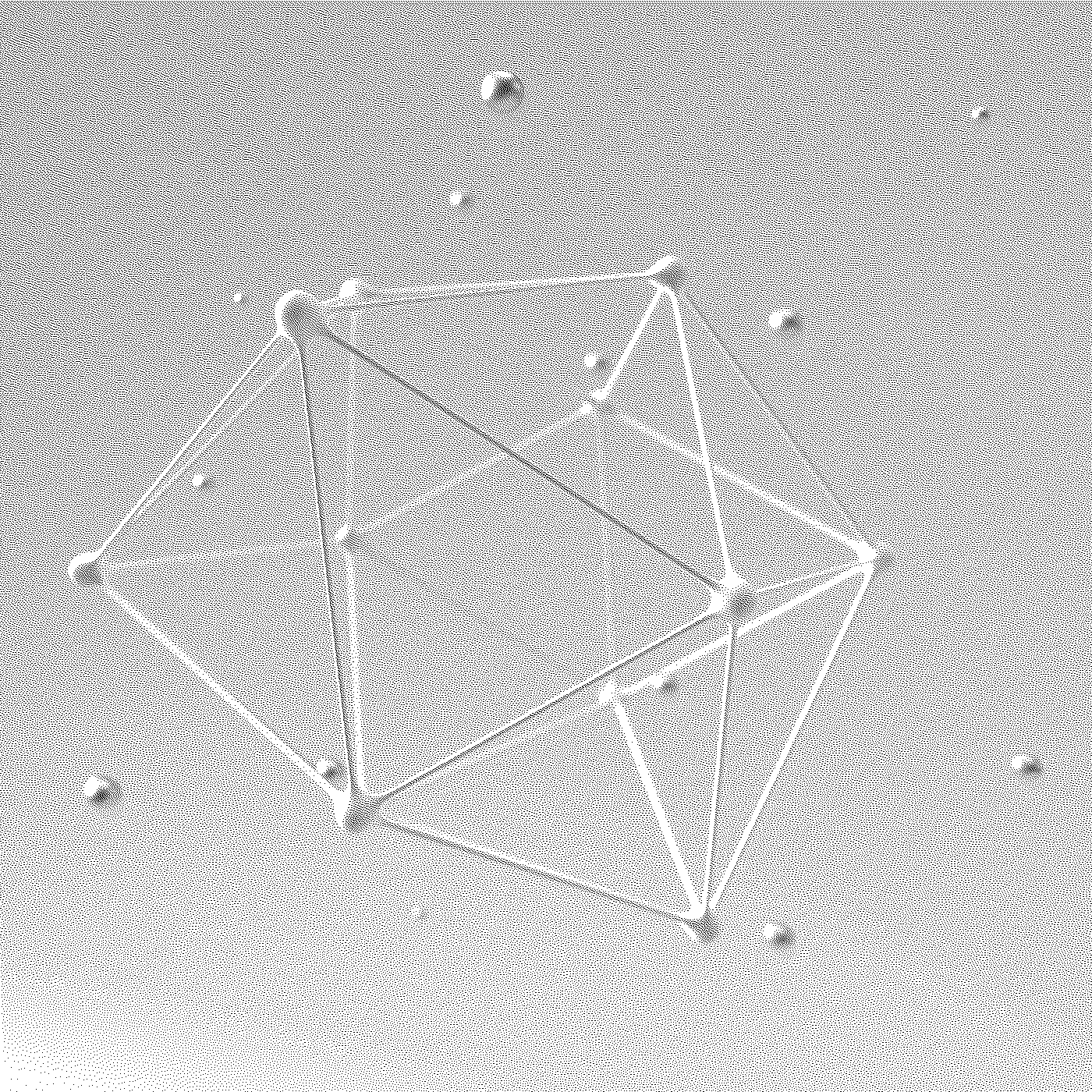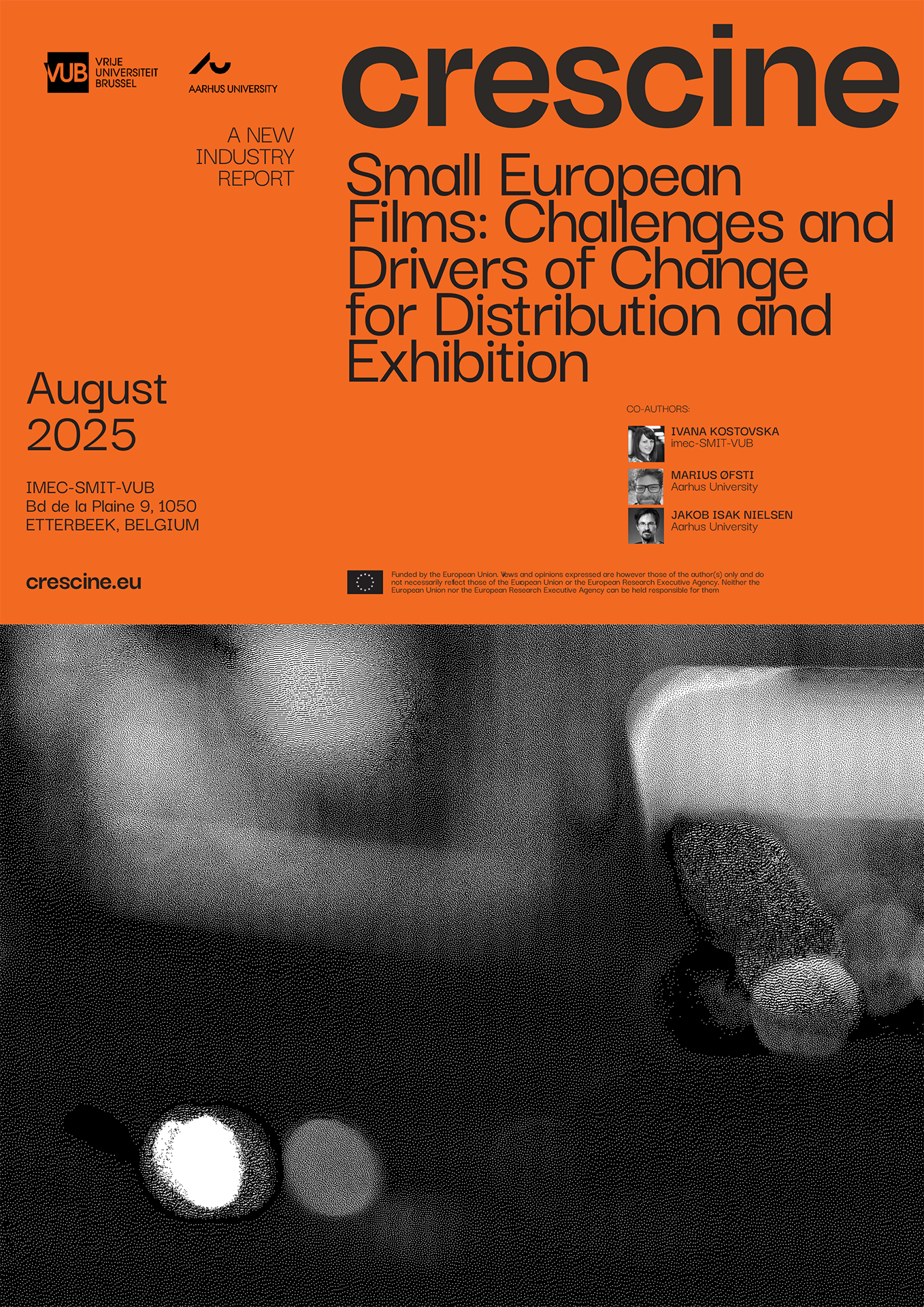
State of
European Film
It’s here! An overview of key industry trends & insights.
Vol.2 - 2025

Explore the new report:
Strategies for Building a
Sustainable
Arthouse Cinema in Europe

Explore the new report:
Blockchain’s Role
in Transforming
Europe’s Film Industry

Explore the new report:
Small European Films:
Challenges and
Drivers of Change
for Distribution and Exhibition

@Cannes Next
Marché du Film
Delve into the future of film financing, AI, and innovative funding models, and gain a comprehensive understanding of the State of European film markets in 2025.
Explore the new report:
Small European
Film Markets:
Portraits and Comparison
About CresCine
CresCine’s overall objective is to enhance the competitiveness and cultural diversity of the European film industry. This will be achieved by understanding, engaging with, empowering, and ultimately transforming European small markets through original research and piloting the results in Estonia, Lithuania, Denmark, Ireland, Belgium (Flanders), Croatia, and Portugal.
Work Programs
CresCine is organized into 8 work programs (WP-s) which feed each other in an iterative process having as a common denominator the focus on the challenges and affordances of six exemplary small European film ecosystems that represent seven small European countries. developments.
-
WP1 aims to ensure the smooth execution of the project within the specified timeframe and budget as outlined in the Grant Agreement. This involves managing project administration, including reports to the European Commission, and providing centralized support to the consortium to ensure the desired levels of quantity, quality, and interdependency for each work package's objectives and deliverables. Effective communication channels are established to facilitate active dialogues among the EC, consortium members, linked third parties, and external partners, ensuring everyone remains well-informed to facilitate progress. Additionally, utmost attention is paid to upholding principles of human rights, ethics, gender equality, and diversity throughout all project activities.
-
WP2 orchestrates a comprehensive collection of data, drawing from diverse public and private European film industry databases. It innovates data integration and analytical methods, offering unprecedented insights into industry dynamics and market relationships. A user-friendly web application facilitates easy visualization of analytical insights, catering primarily to institutions in smaller countries. Furthermore, this WP will devise a sustainable governance model and propose data standards to streamline data sharing and enhance the European film industry’s operational efficiency.
-
WP3 lays the foundation with a robust conceptual framework, illuminating the intricacies and challenges of small film markets. It fosters a dialogue with WP2, employing a multi-level comparative analysis of crucial industry data. The objective is to delineate the competitive landscape of individual small nations’ film industries within the broader European context and against major content exporters like the UK and the USA.
By offering an integrative view of the film industry’s value chain, WP3 facilitates a comprehensive understanding of the European value chains in small film markets. The policy toolkit, piloted with screen agencies, aims to enhance public funders’ comprehension of competition dynamics and the evolving film and audiovisual ecosystems.
-
WP4 delves into the film-related innovation systems within small EU territories. It addresses structural and coordination challenges, aiming to instigate systemic change with a focus on green strategies, IPR management, and novel financing and business models. Interventions and pilots, rooted in knowledge from WP5-7, are developed and tested in collaboration with stakeholders to foster cross-sectoral innovation systems.
-
WP5 scrutinizes film production, financing, and training ecosystems in small European nations, with a special focus on the lingering impacts of COVID-19. It aims to identify barriers to talent development and proposes educational and industrial measures to overcome them. The WP also explores cooperative production alliances to foster collaboration and knowledge sharing among small European nations.
-
WP6 is tasked with generating insights into the sub-sectors of distribution, exhibition, and marketing. It develops strategies to bolster these sub-sectors both within small EU markets and on a global scale, enhancing the international reach of content originating from these markets.
-
WP7 aims to unveil European film audiences’ preferences and the barriers to accessing films from small European countries. It explores audiences’ discovery paths and designs strategies to attract and engage diverse audience groups. The insights gleaned support the development of business models and policy innovations, emphasizing the role of small countries as testing grounds for innovative audience engagement strategies.
-
WP8 is committed to disseminating the project’s outcomes to various stakeholders, building a community around the future of the European Audiovisual Industry. It establishes the State of European Film platform updated annually, offering data, insights, and case studies to foster a data-driven approach within the audiovisual community. Moreover, it devises strategies for the exploitation of project results and supports all WPs in communication, outreach, and exploitation efforts.
Studied Ecosystems
Recent Posts
The Consortium
Coordinator
Partners
Associated Partners
Events
Please join us at many key industry events held internationally over the next 3 years.
Partners for FIDA
International Showtimes is a global entertainment data aggregator operating in 120+ countries. We provide rich data across the cinema, video-on-demand, and live event verticals. Businesses worldwide build robust solutions on top of the data products of International showtimes to guide audiences to the content they love.
Usheru is an innovation-driven company in the film, music, sport, and entertainment industry, delivering technological solutions for marketing and analytics, and tools to support and enhance direct-to-consumer relationships for our partners. Usheru’s purpose is to create value, drive sales and insights for each of its partners
The European Audiovisual Observatory is a public service organization, part of the Council of Europe set up in 1992. The observatory collects and analyses data about the audiovisual industry in Europe, such as cinema, television, radio, video, Video On Demand and Catch-up TV.






































